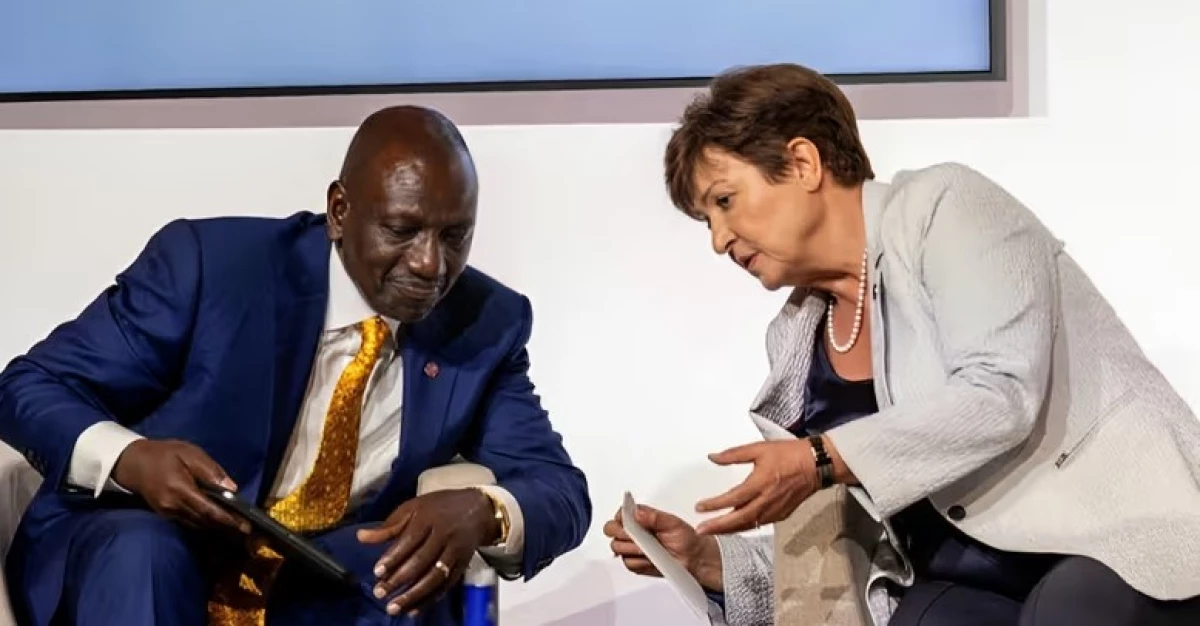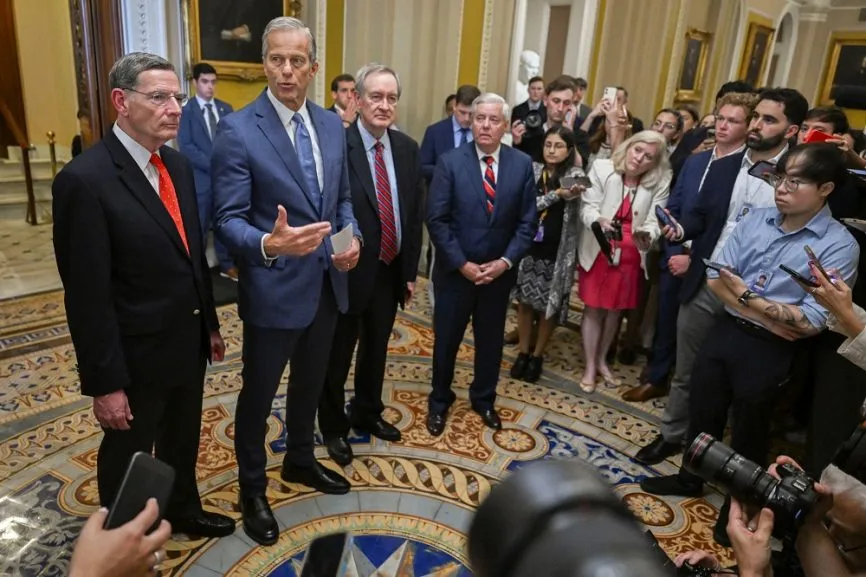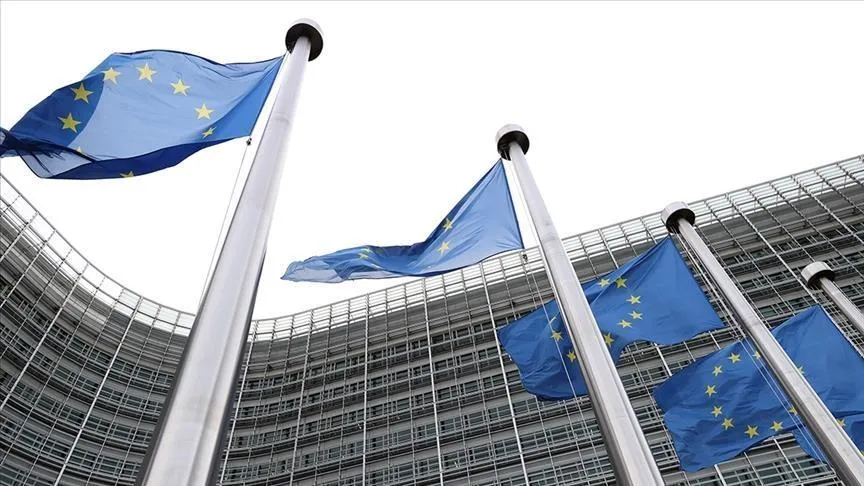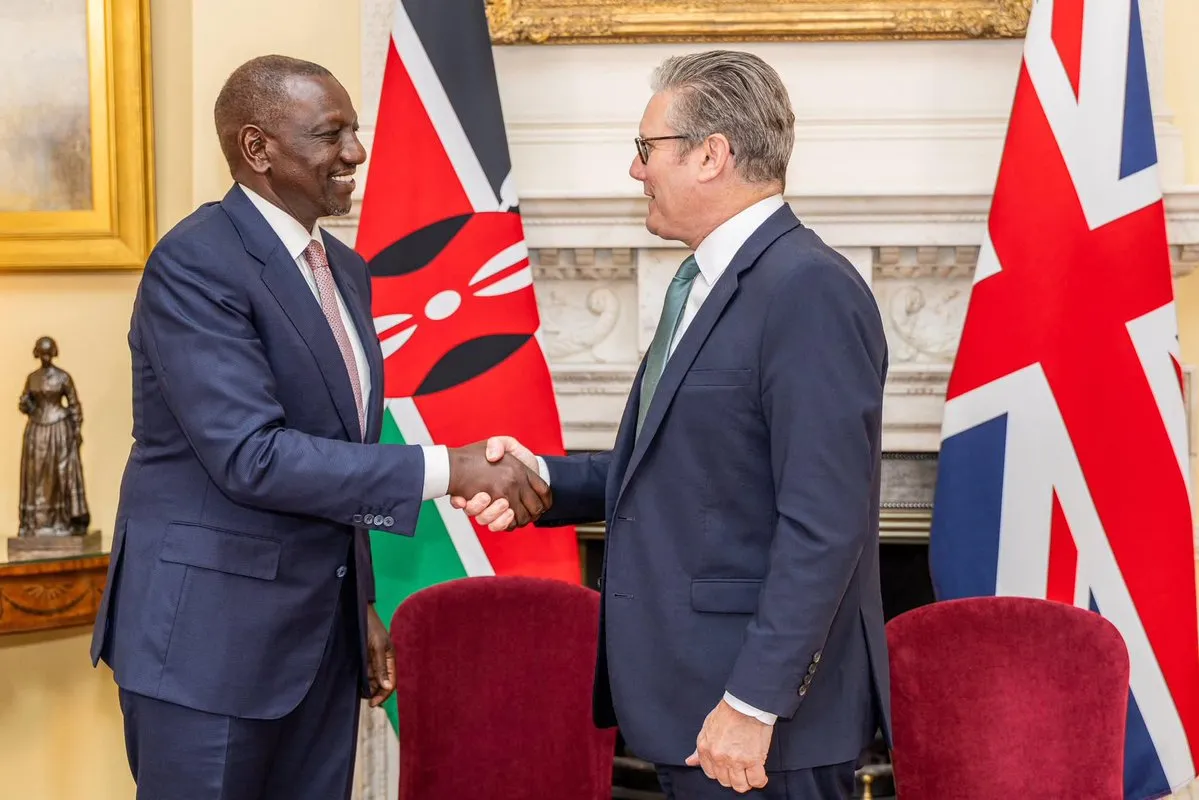Ghana, renowned for being the world’s second-largest cocoa producer, is confronting a severe threat to its cocoa industry from illegal mining, locally known as “galamsey.” This challenge is exacerbating the nation’s economic crisis, marked by a daunting 26.4% inflation rate in November.
Michael Kwarteng, director of anti-illegal mining activities at the Ghana Cocoa Board (COCOBOD), underscores the escalating devastation on cocoa farms over the last five years. The consequences are palpable, as farmers, enticed by quick gains, increasingly sell their lands to illegal miners. Rita Abena Koranteng, a 45-year-old cocoa farmer from Suhum, Eastern Ghana, illustrates the economic pressures, stating, “Every month, he pays me $500, and I’m happy because I could never have earned so much money from my cocoa-growing business.”
Government interventions, including a 63% increase in cocoa prices for producers this year, have proven insufficient. The land lost to illegal mining now represents 2% of Ghana’s total cocoa cultivation area. COCOBOD’s data reveals a distressing decline in cocoa harvests, dropping from an estimated 1 million tonnes between 2020 and 2021 to 750,000 tonnes for the 2022-2023 harvest. The forecast for 2023-2024 is dire, ranging between 650,000 and 700,000 tonnes due to persistent illicit activities.
Beyond economic ramifications, illegal mining compounds environmental issues, polluting rivers and water tables with harmful chemicals. Obed Owusu-Addai, Campaigner at EcoCare Ghana, warns of a looming crisis, stating, “If this problem is not solved immediately, we will end up losing most of our land to illegal mining.”
To counter the menace, COCOBOD has initiated cash rewards for individuals reporting illegal mining on cocoa land and bean smuggling. Benjamin Tei Larweh, Deputy Director of Communications at COCOBOD, discloses that Ghana lost around 150,000 metric tonnes of cocoa beans to smuggling in 2022, equating to a significant revenue loss of $600 million.
In addition to illegal mining, the cocoa industry grapples with climate change challenges, causing a notable shift in production regions. While six major regions in Ghana traditionally grew cocoa, the western region has now emerged as the primary producer, accounting for 43% of the total.
As Ghana confronts this multifaceted crisis, urgent and targeted interventions are imperative to protect the nation’s cocoa industry and secure the livelihoods of the farmers who depend on it.
By: Montel Kamau
Serrari Financial Analyst
20th December, 2023
Article, Financial and News Disclaimer
The Value of a Financial Advisor
While this article offers valuable insights, it is essential to recognize that personal finance can be highly complex and unique to each individual. A financial advisor provides professional expertise and personalized guidance to help you make well-informed decisions tailored to your specific circumstances and goals.
Beyond offering knowledge, a financial advisor serves as a trusted partner to help you stay disciplined, avoid common pitfalls, and remain focused on your long-term objectives. Their perspective and experience can complement your own efforts, enhancing your financial well-being and ensuring a more confident approach to managing your finances.
Disclaimer: This article is for informational purposes only and does not constitute financial advice. Readers are encouraged to consult a licensed financial advisor to obtain guidance specific to their financial situation.
Article and News Disclaimer
The information provided on www.serrarigroup.com is for general informational purposes only. While we strive to keep the information up to date and accurate, we make no representations or warranties of any kind, express or implied, about the completeness, accuracy, reliability, suitability, or availability with respect to the website or the information, products, services, or related graphics contained on the website for any purpose. Any reliance you place on such information is therefore strictly at your own risk.
www.serrarigroup.com is not responsible for any errors or omissions, or for the results obtained from the use of this information. All information on the website is provided on an as-is basis, with no guarantee of completeness, accuracy, timeliness, or of the results obtained from the use of this information, and without warranty of any kind, express or implied, including but not limited to warranties of performance, merchantability, and fitness for a particular purpose.
In no event will www.serrarigroup.com be liable to you or anyone else for any decision made or action taken in reliance on the information provided on the website or for any consequential, special, or similar damages, even if advised of the possibility of such damages.
The articles, news, and information presented on www.serrarigroup.com reflect the opinions of the respective authors and contributors and do not necessarily represent the views of the website or its management. Any views or opinions expressed are solely those of the individual authors and do not represent the website's views or opinions as a whole.
The content on www.serrarigroup.com may include links to external websites, which are provided for convenience and informational purposes only. We have no control over the nature, content, and availability of those sites. The inclusion of any links does not necessarily imply a recommendation or endorsement of the views expressed within them.
Every effort is made to keep the website up and running smoothly. However, www.serrarigroup.com takes no responsibility for, and will not be liable for, the website being temporarily unavailable due to technical issues beyond our control.
Please note that laws, regulations, and information can change rapidly, and we advise you to conduct further research and seek professional advice when necessary.
By using www.serrarigroup.com, you agree to this disclaimer and its terms. If you do not agree with this disclaimer, please do not use the website.
www.serrarigroup.com, reserves the right to update, modify, or remove any part of this disclaimer without prior notice. It is your responsibility to review this disclaimer periodically for changes.
Serrari Group 2025





